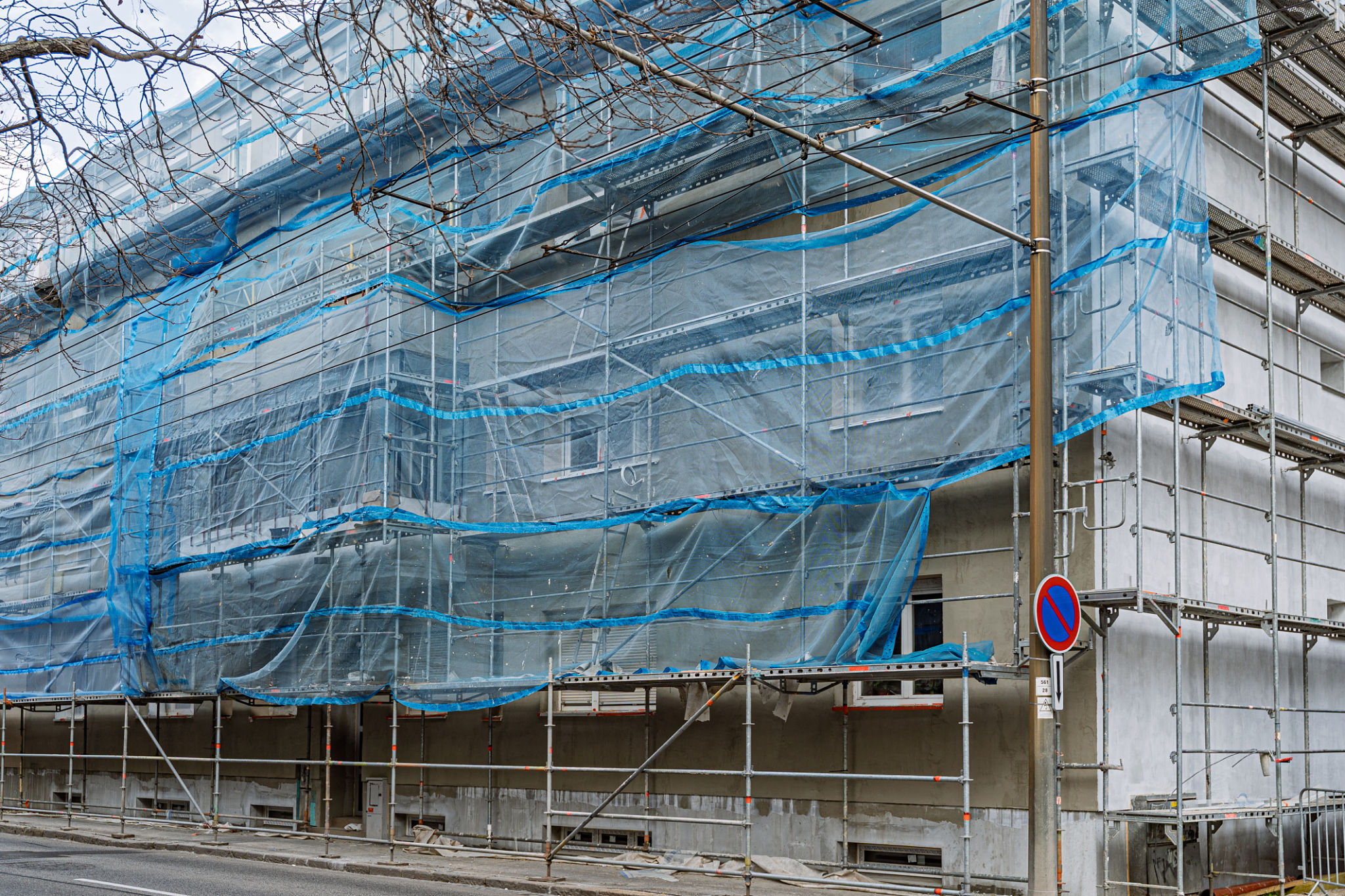Understanding Local Tax Implications for Real Estate Investments in Slovakia
Introduction to Real Estate Investment in Slovakia
Investing in real estate can be a lucrative venture, and Slovakia offers a promising market for both local and international investors. However, before diving into the property market, it's crucial to understand the local tax implications that accompany such investments. Navigating the Slovak tax landscape effectively can help maximize returns and ensure compliance with legal requirements.

Understanding the Slovak Tax System
Slovakia's tax system is relatively straightforward but requires careful consideration when it comes to real estate investments. The country imposes various taxes that investors need to be aware of, including personal income tax, corporate income tax, and value-added tax (VAT). Each of these taxes can affect the overall profitability of your investment.
Personal Income Tax
If you are an individual investor, your rental income from real estate properties is subject to personal income tax. In Slovakia, the personal income tax rate is a flat 19% for income up to a certain threshold, and 25% for income exceeding that threshold. It's important to keep accurate records of all rental income and related expenses to properly report and pay taxes.

Corporate Income Tax
For those who invest through a corporate entity, corporate income tax applies. The rate is set at 21% and is levied on the company's worldwide income. This includes rental income and capital gains from property sales. Investors may benefit from setting up a Slovak corporation to manage their real estate portfolio, as it can offer certain tax advantages.
Value-Added Tax (VAT) Considerations
Value-added tax is another significant consideration for real estate investors in Slovakia. The standard VAT rate is 20%, but not all real estate transactions are subject to VAT. For instance, the sale of new properties or land for construction purposes typically attracts VAT, whereas leasing residential properties is generally exempt.

Property Transfer Tax
Slovakia does not impose a property transfer tax, which can be an advantage for investors looking to buy and sell properties frequently. However, other costs such as notary fees and registration fees may still apply during property transactions.
Tax Deductions and Allowances
Investors can benefit from various deductions and allowances that can significantly reduce taxable income. These include expenses related to property maintenance, repairs, and management fees. Properly documenting these expenses is crucial for claiming deductions and optimizing tax liability.
Capital Gains Tax
Capital gains from the sale of real estate are subject to taxation in Slovakia. The gains are included in your taxable income and taxed at either personal or corporate income tax rates, depending on your investment structure. However, if you have held the property for more than five years as an individual investor, you may qualify for an exemption from capital gains tax.

Conclusion and Professional Advice
Navigating local tax implications is an essential aspect of successful real estate investment in Slovakia. Understanding the various taxes and leveraging available deductions can enhance profitability. It's advisable to consult with a local tax advisor or legal expert to ensure compliance with Slovak regulations and to develop a tax-efficient investment strategy tailored to your needs.